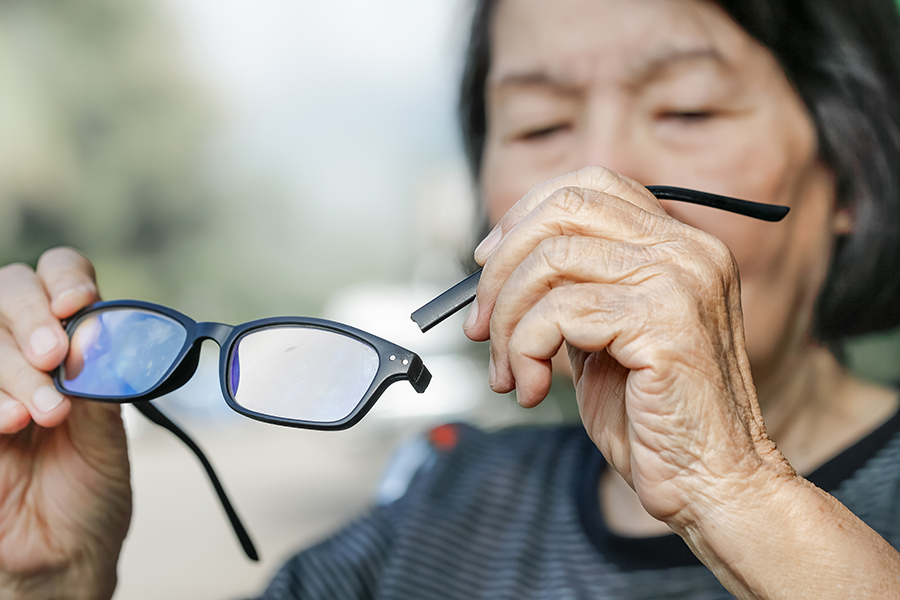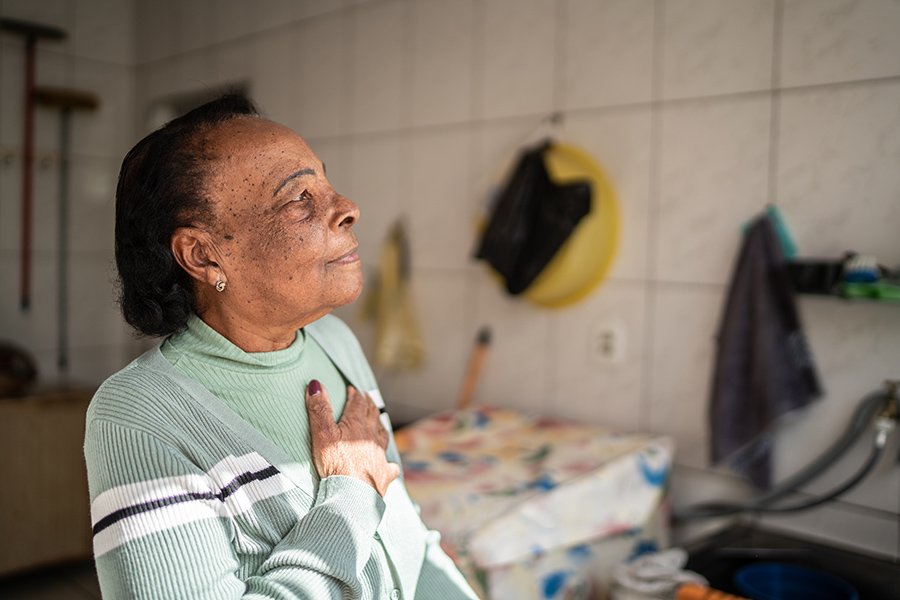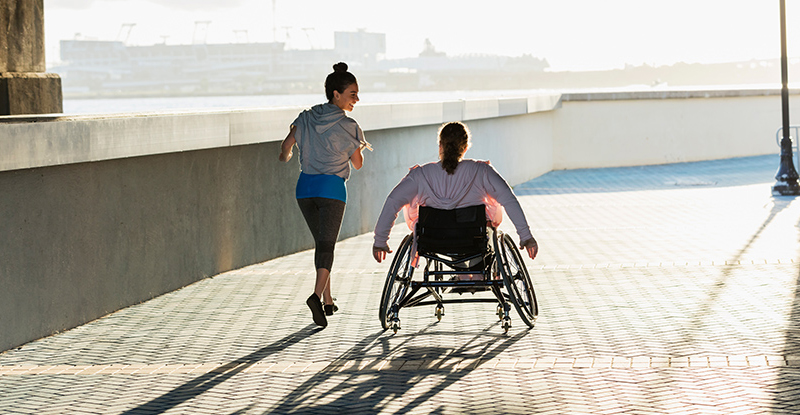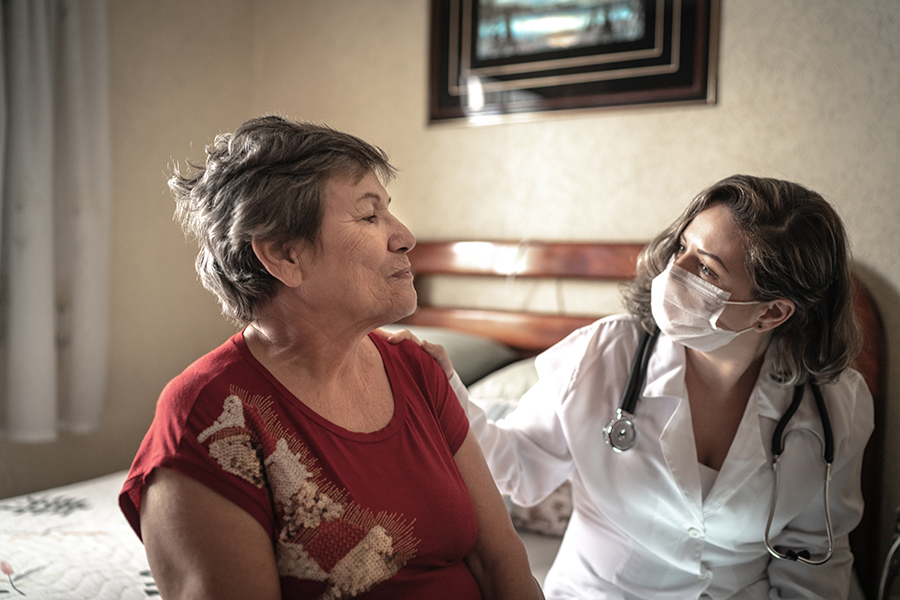Warm summer weather brings many terrific opportunities to enjoy outdoor activities with family and friends. While exposure to sunlight has many benefits, such as helping your body synthesize Vitamin D and melatonin, too much sunlight increases your risk of developing skin cancer. Skin cancer is the most common type of cancer in the United States, and exposure to ultraviolet (UV) rays from the sun is the primary cause of skin cancer. UV damage can also cause cataracts, and add wrinkles and spots to your skin.
Although skin cancer often appears after age 50, UV damage from the sun begins as early as childhood. You can reduce your risk of developing skin cancer by protecting your skin every time you go outdoors.
Protect your skin with these four simple steps:
- Stay out of the sun as much as possible between 10 a.m. and 4 p.m. The sun’s rays are strongest during these hours, and it takes less time to burn. If you’re planning to be in the sun during these hours, take additional precautions such as wearing sunscreen and protective clothing. For help in choosing the right sunscreen, see this list of sunscreens by brand.
- Use sunscreen with both UVA and UVB protection at SPF 15 or higher, and be sure to apply it 30 minutes before you go outside. Take care to reapply every few hours, especially after swimming or being active. Choose a sunblock with a higher SPF if you are near reflective surfaces such as water, white sand or concrete, which reflect the sun’s rays and increase your exposure.
- Cover up with a long-sleeved shirt, pants or a long skirt and a wide-brimmed hat. If you’re wearing very light clothing, put sunscreen on underneath you clothes. Remember that UV light can pass through clouds, so it’s important to protect your skin even on cloudy days.
- Check your skin once a month for changes. Choose a day and mark it on your calendar, so it’s easy to remember. The best time to do a skin self-exam is right after a shower or bath. Follow these step-by-step instructions on how to perform a skin self-exam from the National Cancer Institute: http://www.cancer.gov/cancertopics/wyntk/skin/page1























